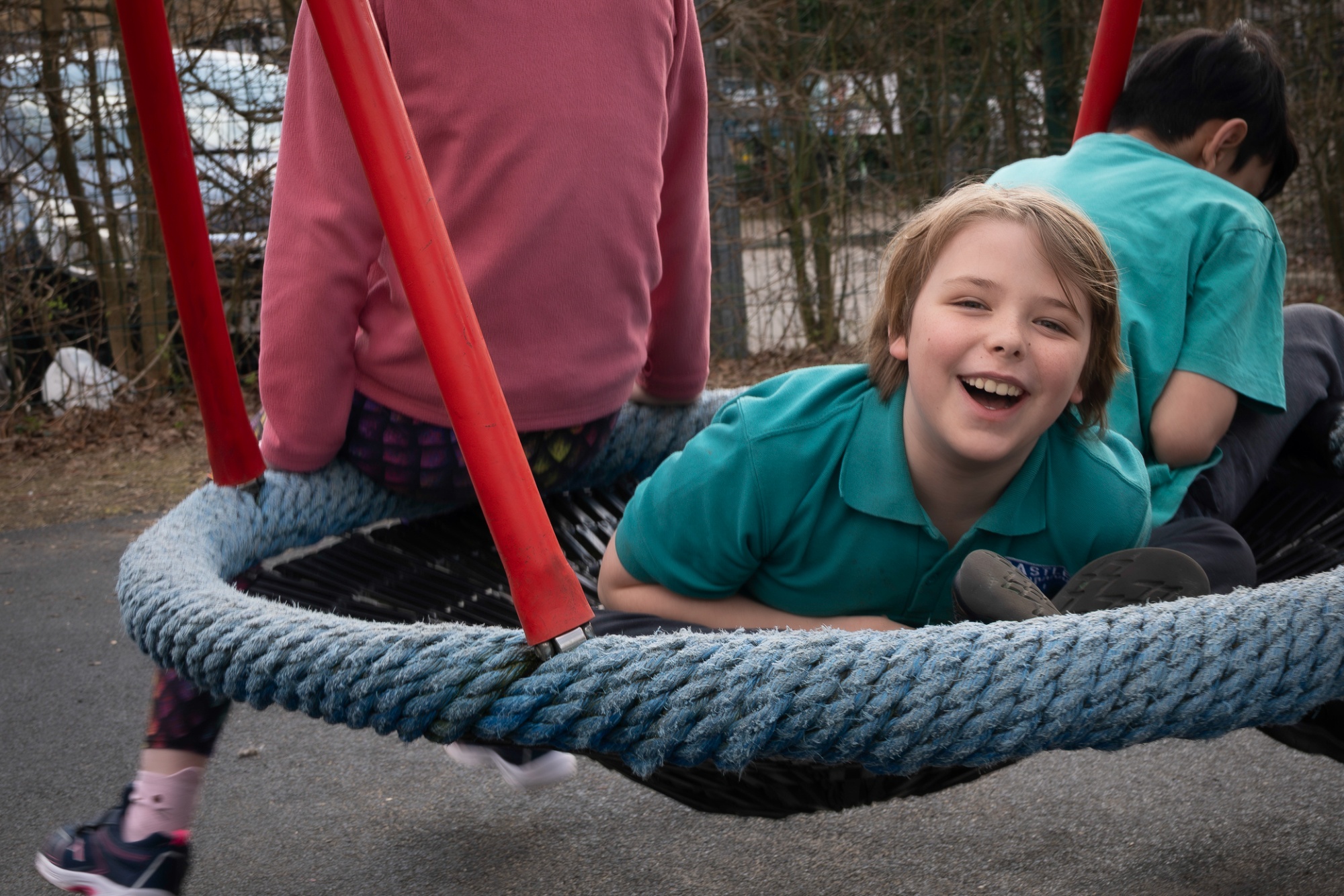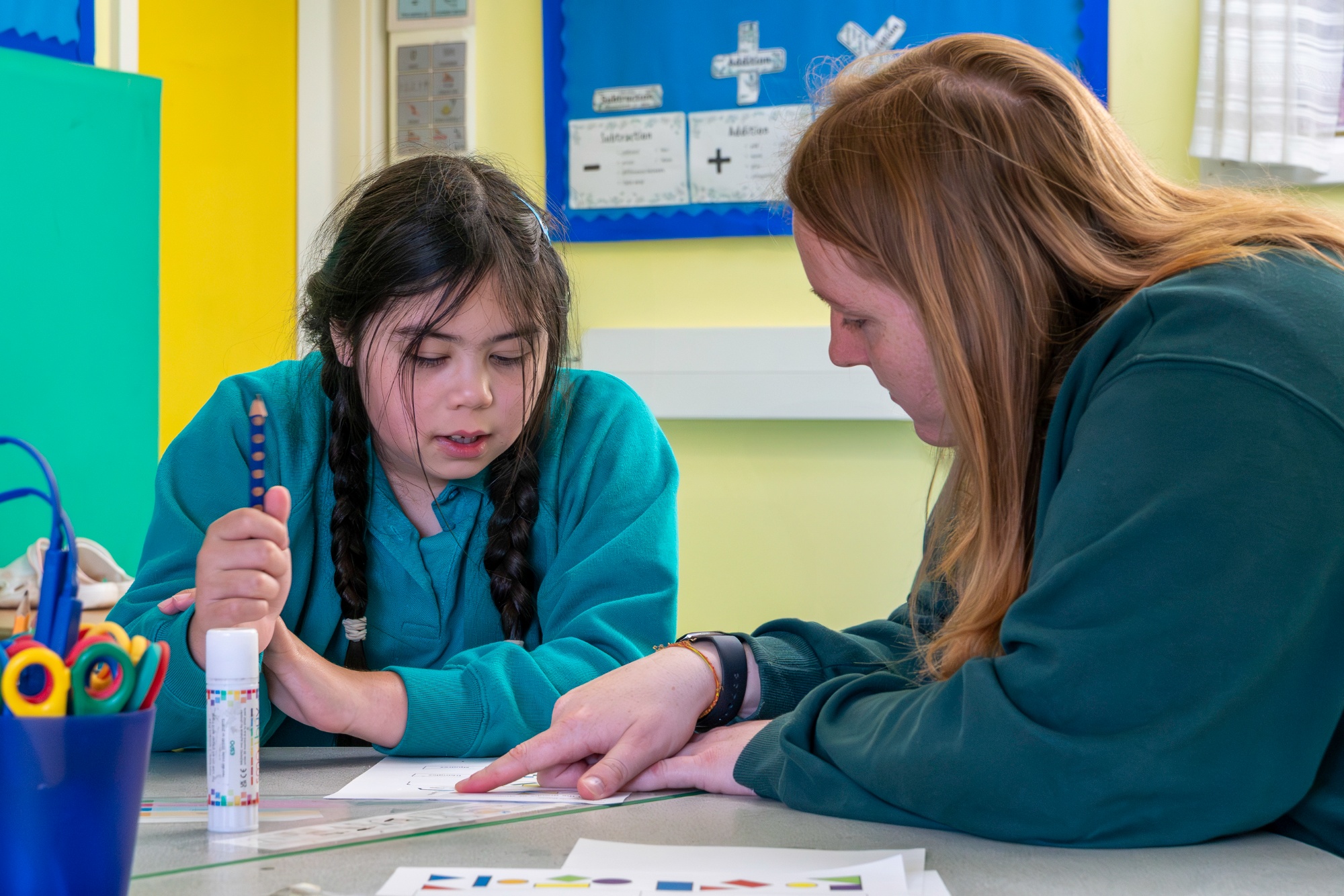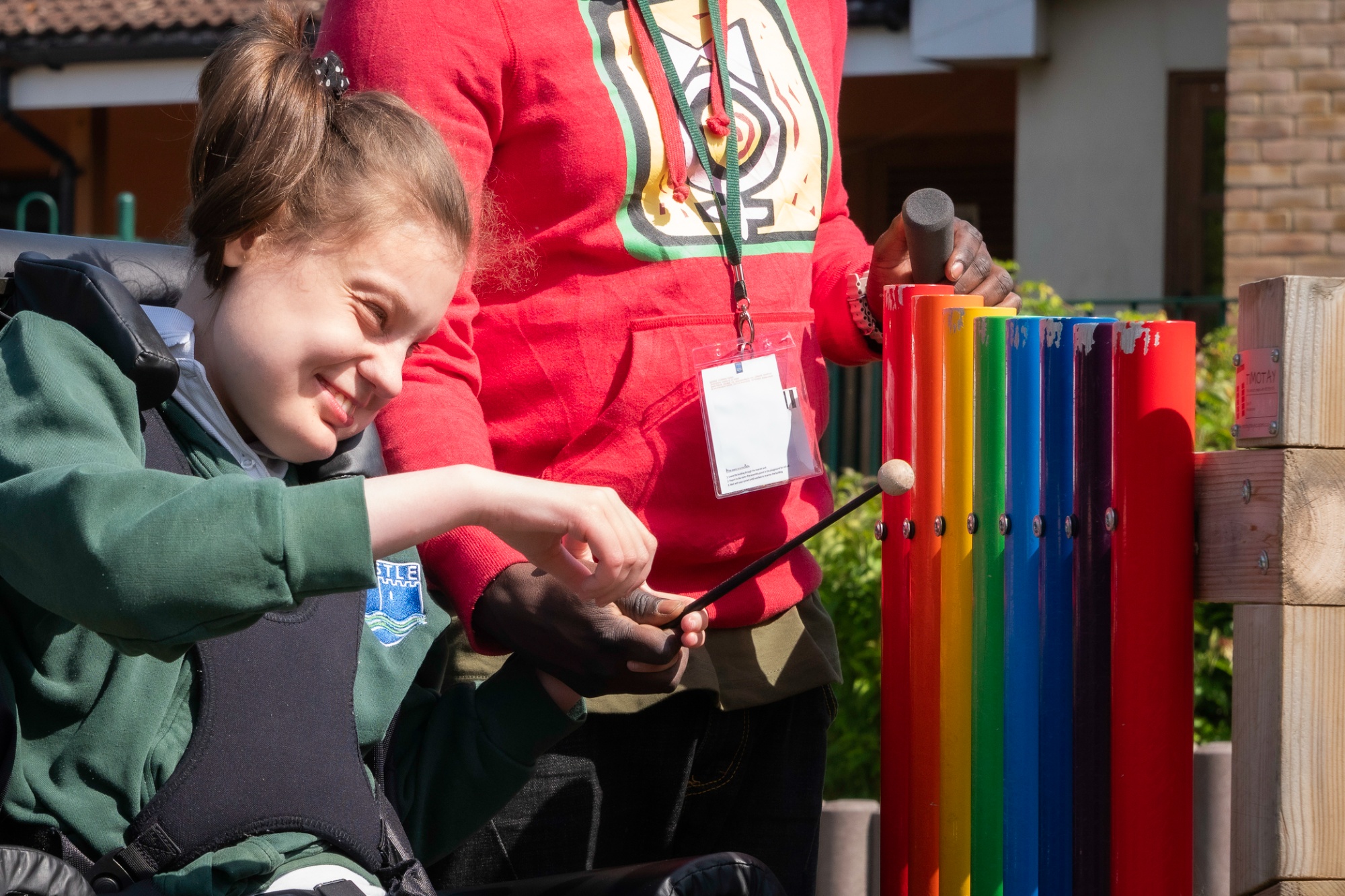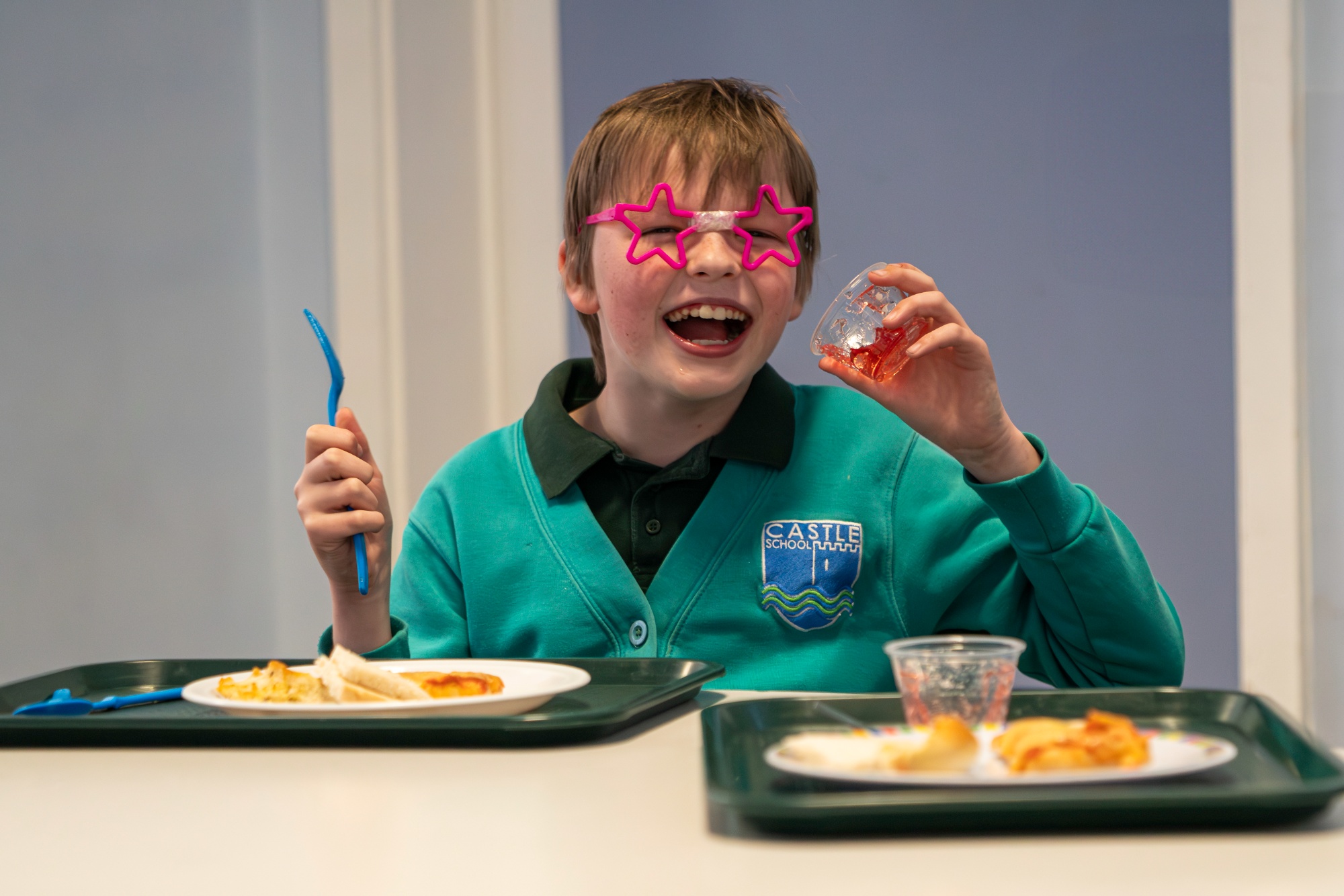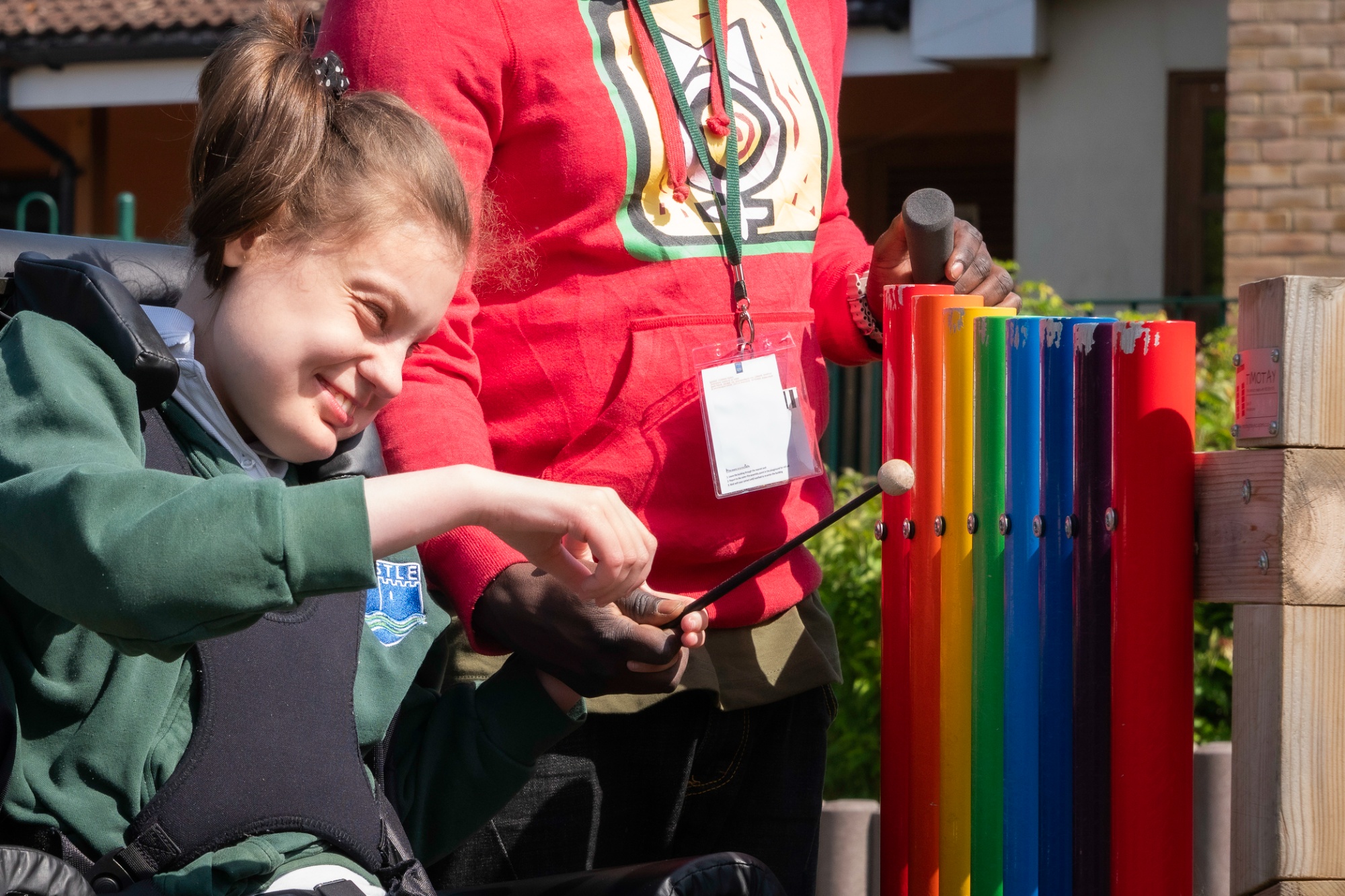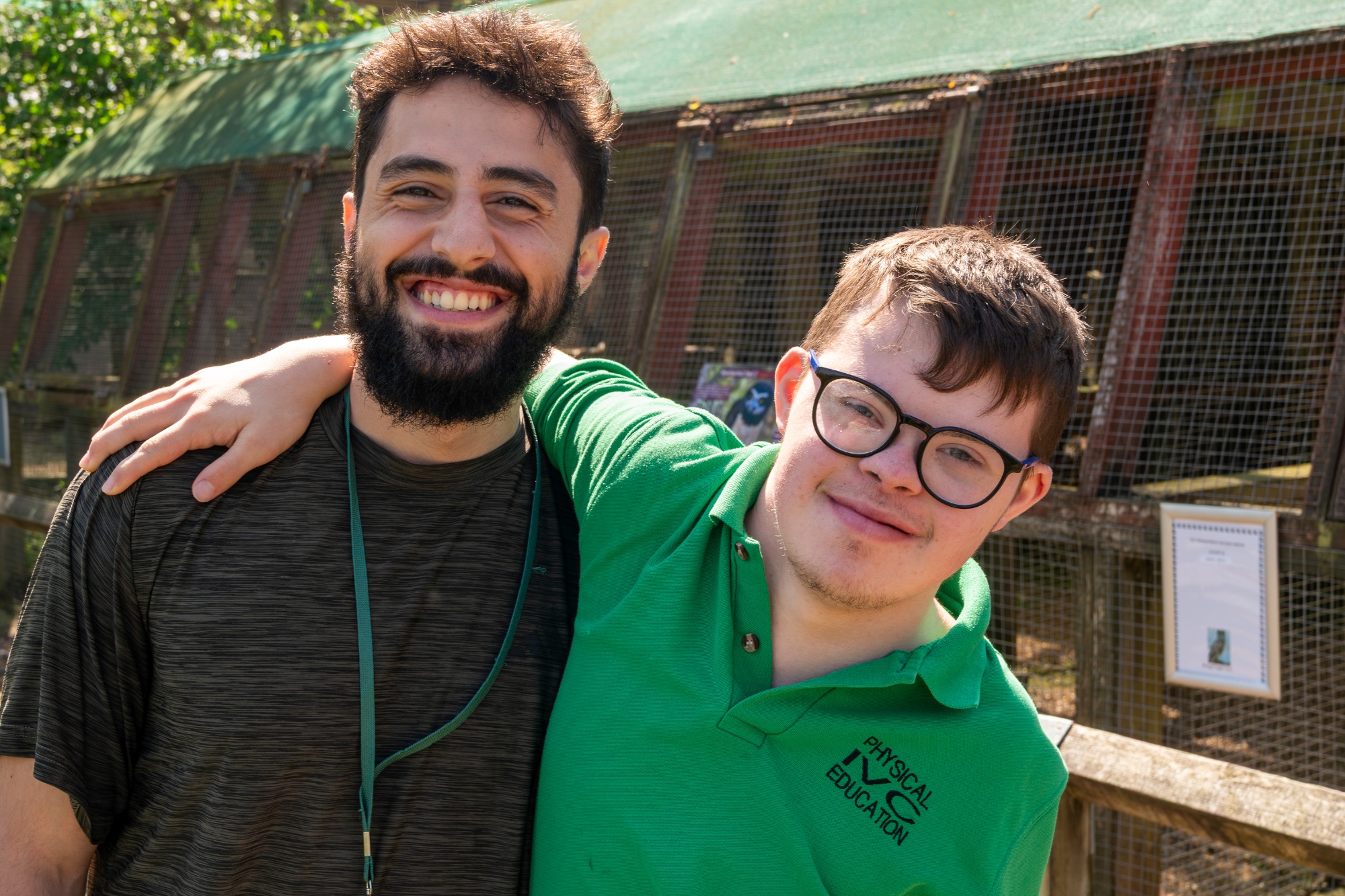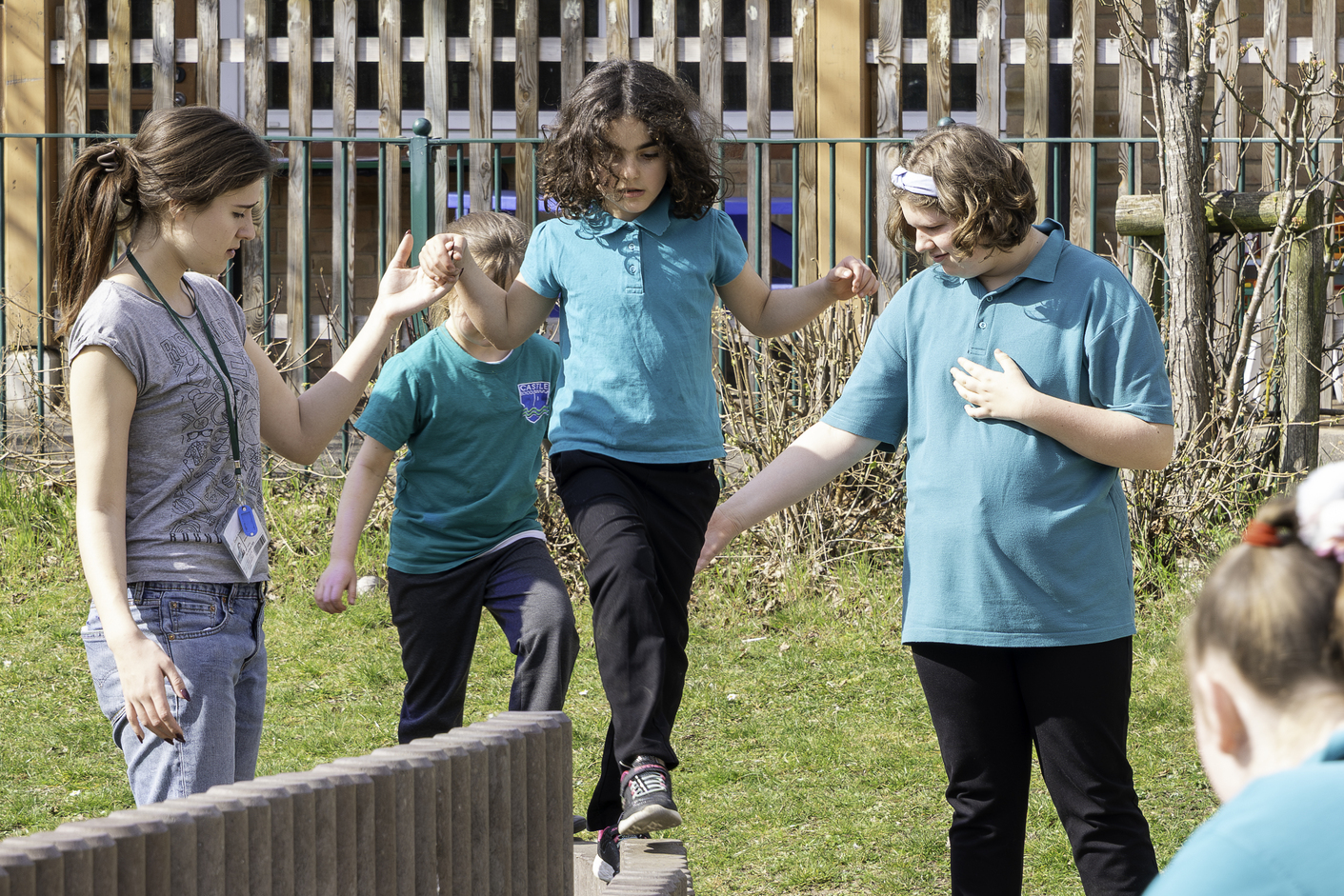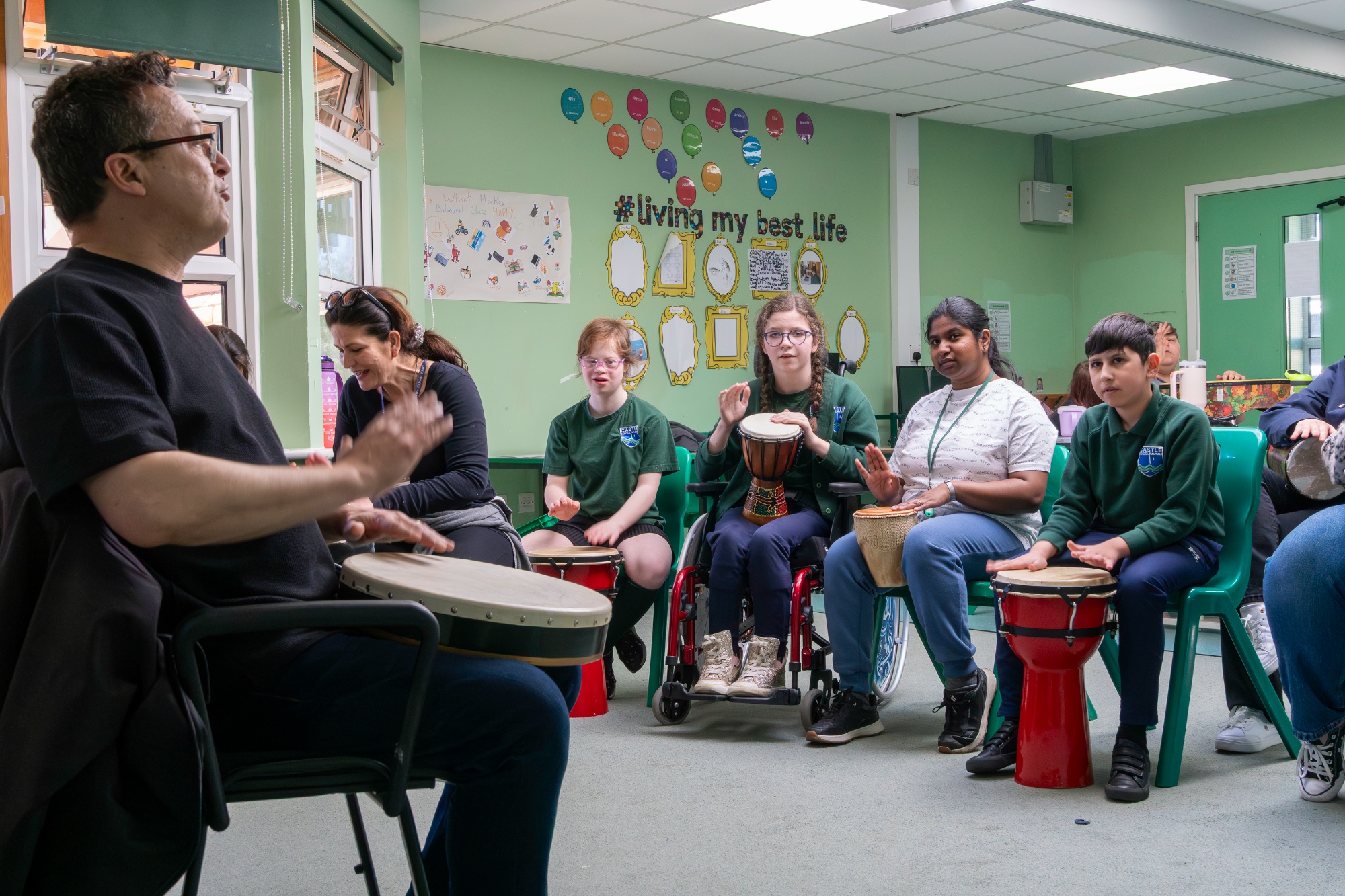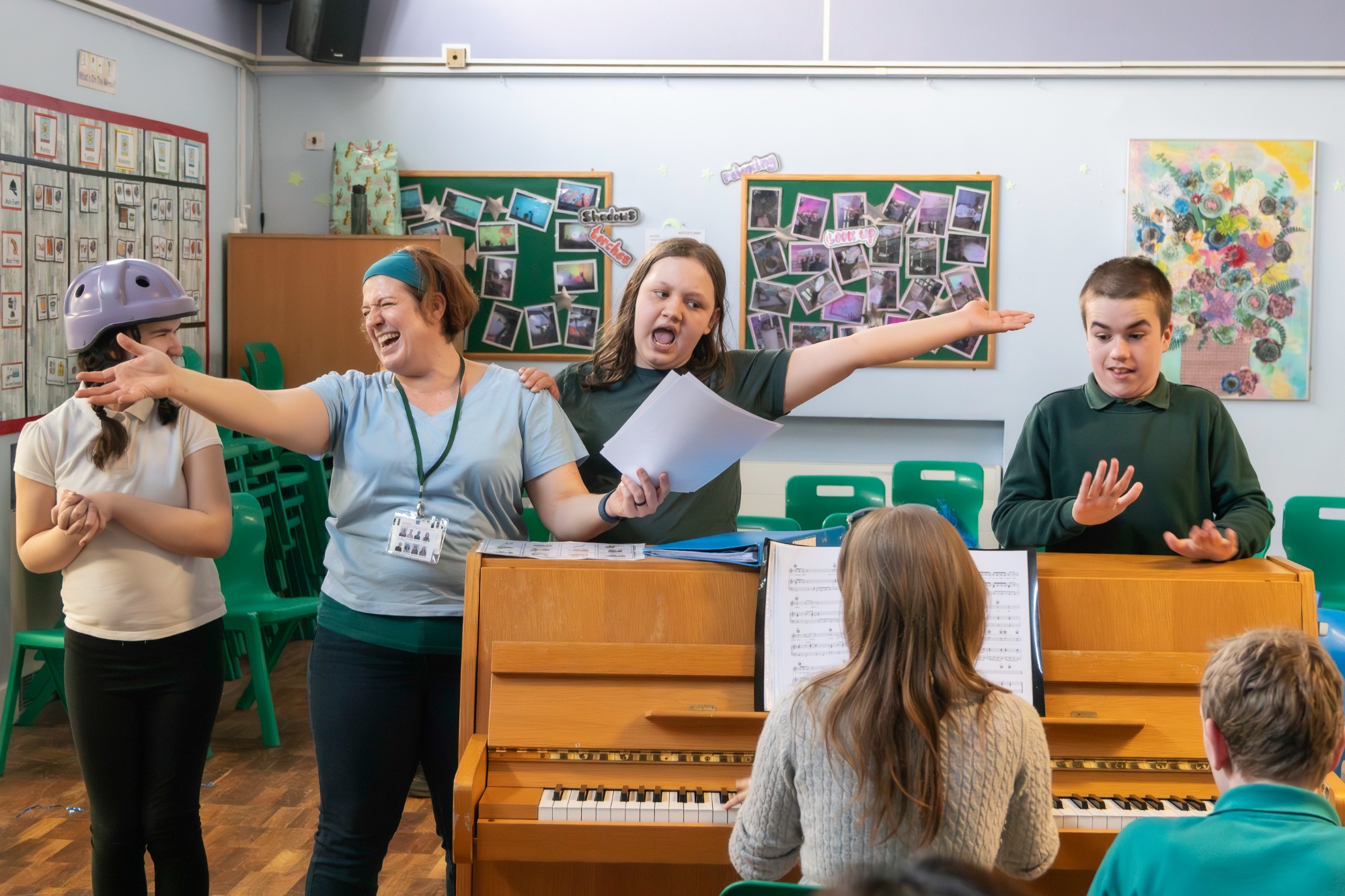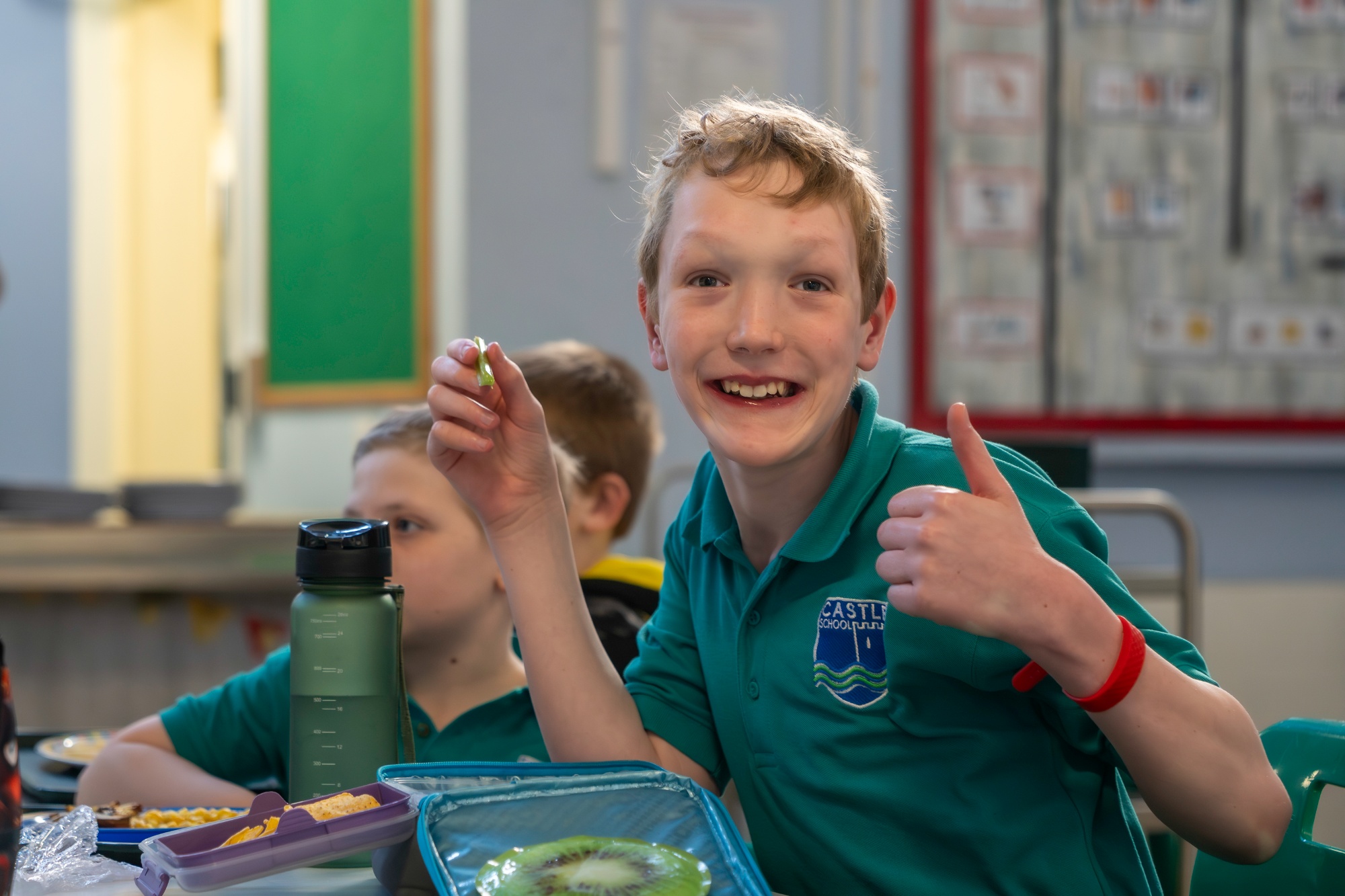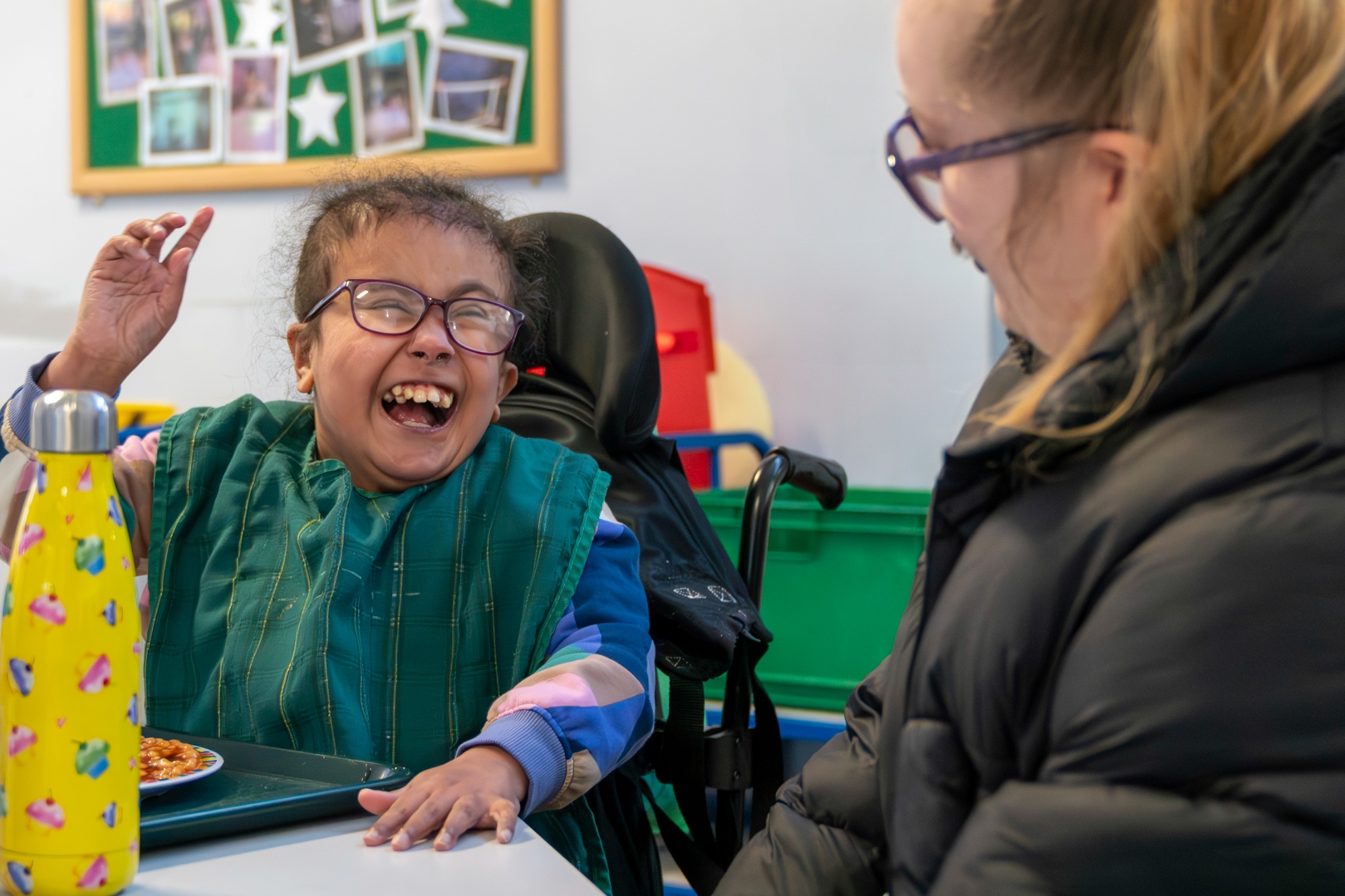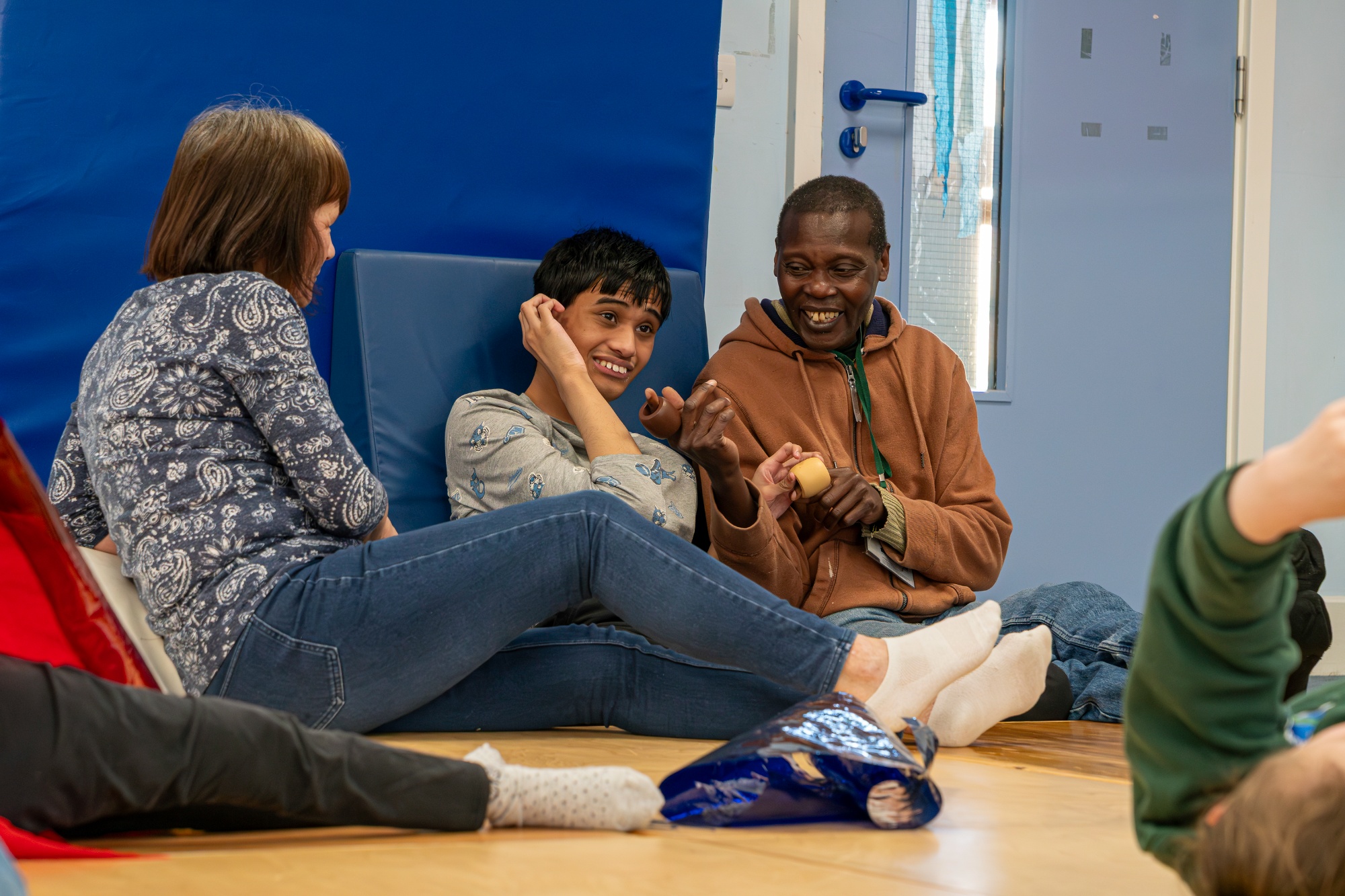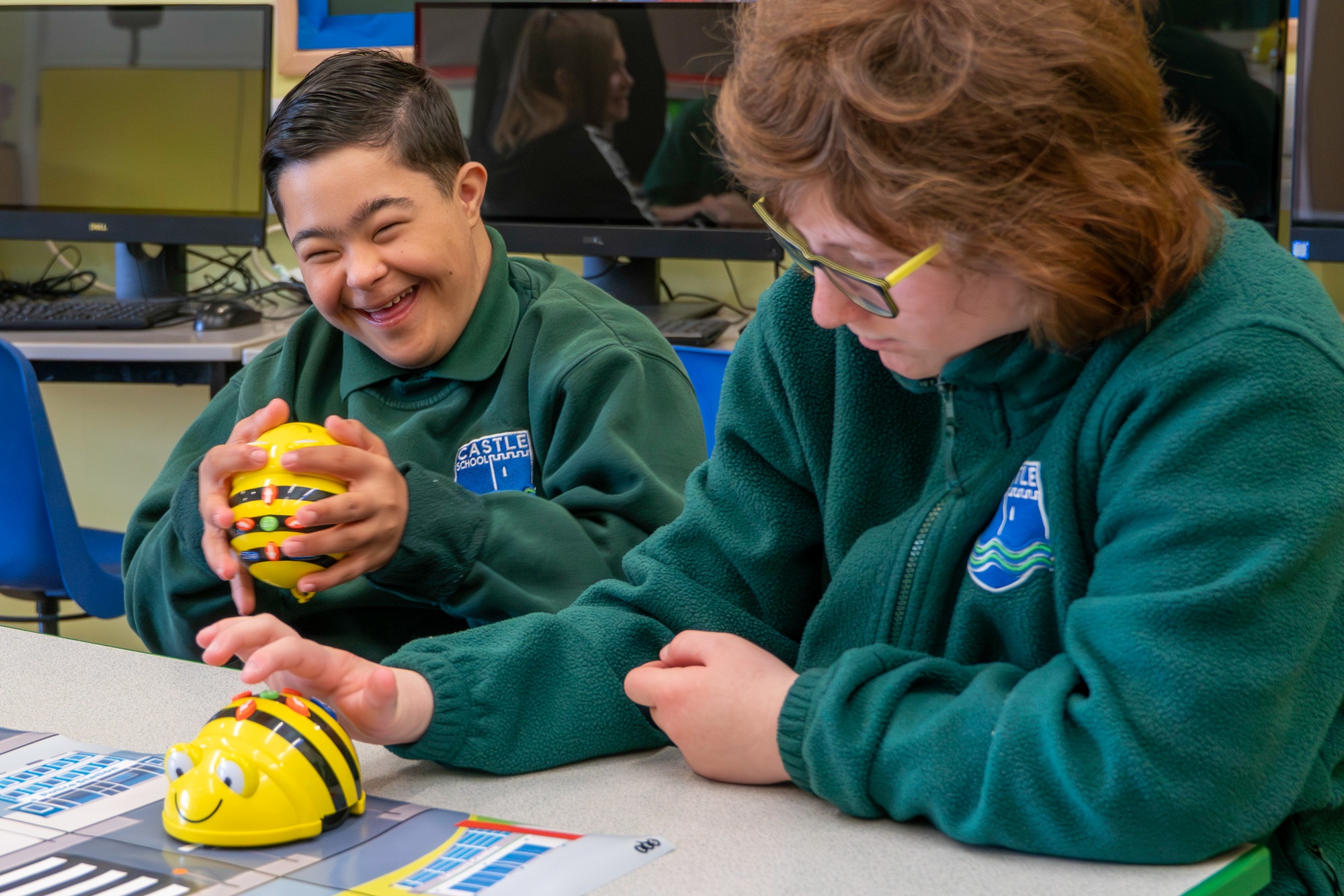Speech and Language Therapy (SaLt)
Speech and Language Therapy at Castle school, as with the other special schools in the area, is provided by Cambridgeshire Community Services, part of the NHS.
The 2 therapists currently working at Castle school are:
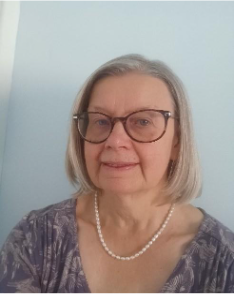
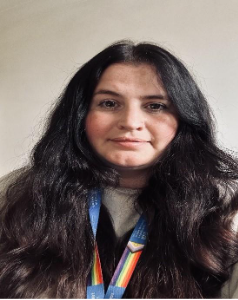
Olivia Bostock and Lisa Honeywood
We work closely with the school to identify and provide support for those children who have specific communication needs that require additional support to what is ordinarily available in a special school environment. Many of the children/young people’s communication needs will be met by the differentiated curriculum and supportive environment and knowledge of the staff in the school, and we support this indirectly through training staff.
We meet with a designated member of staff on a termly basis to discuss the current children on our caseload and to discuss potential new referrals or re-referrals.
If a child/young person is identified as needing our support, we will assess their communication needs in a relevant way for them and then identify targets and strategies to help them achieve those targets. We then specify what needs to be done and by whom. This piece of work is referred to as an Individualised package of Support (iPos for short).
Support may then be:
-
Direct therapy sessions for a defined time.
-
Modelling and demonstrating strategies to staff/families.
-
Specific staff training.
-
A combination of the above.
As you can see from this, our work is not always directly with the child/young person themselves but may be as much with those supporting them and even making changes to the environment to ensure they can reach their potential with communication.
Once everything is in place and those supporting the child/young person know what they need to be doing, we will usually close that iPos to allow time for progress.
If new advice is needed at a future date, this can be discussed at a future planning meeting and, if appropriate, a new iPos can be opened to look at the new communication needs that have been identified.
Below you can see the diversity of communication needs that we may be involved in supporting:
-
Pre-verbal communication strategies
-
Spoken language skills – vocabulary, sentence structure, narrative
-
Speech sound development
-
AAC – including Makaton signing, use of symbols, communication boards/books and electronic devices
-
Stammering
In addition, we may involve one of our specialist colleagues to support those children who have dysphagia – that is, eating and drinking difficulties due to a physical cause (please note, we do not have a role with those who have eating difficulties due to sensory issues).
When working with a child/young person, we would also expect to involve you as parents so that we are all working together towards the same goals to support them and you.
Thank you for taking the time to read this article, and we hope it helps you understand the role of speech and language therapy in Castle school.
Olive Bostock, SLT, Member of RCSLT and HCPC registered.
Lisa Honeywood, SLT, member of RCSLT and HCPC registered.
Videos

